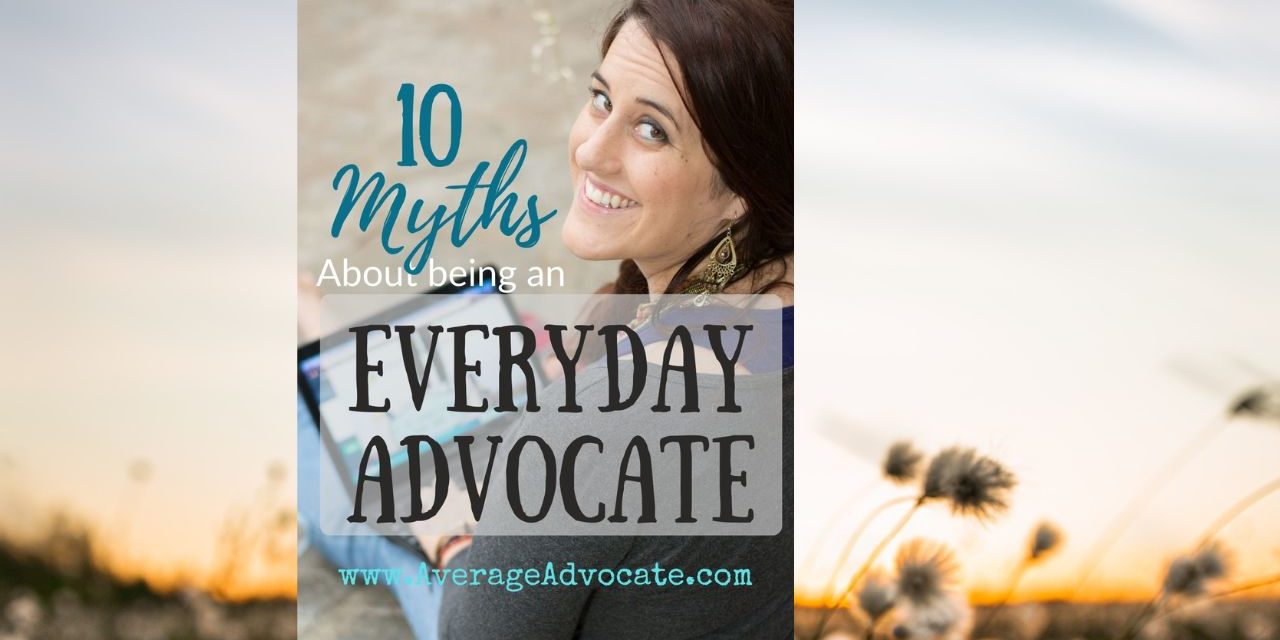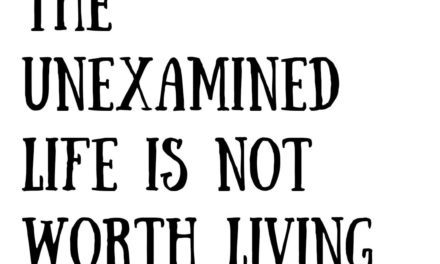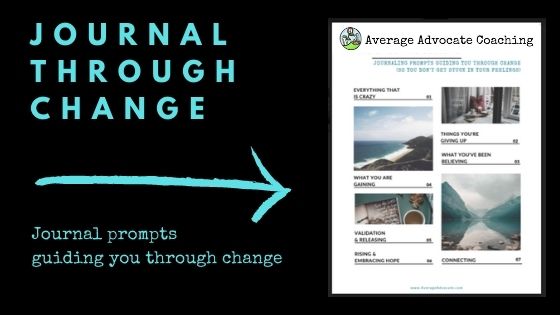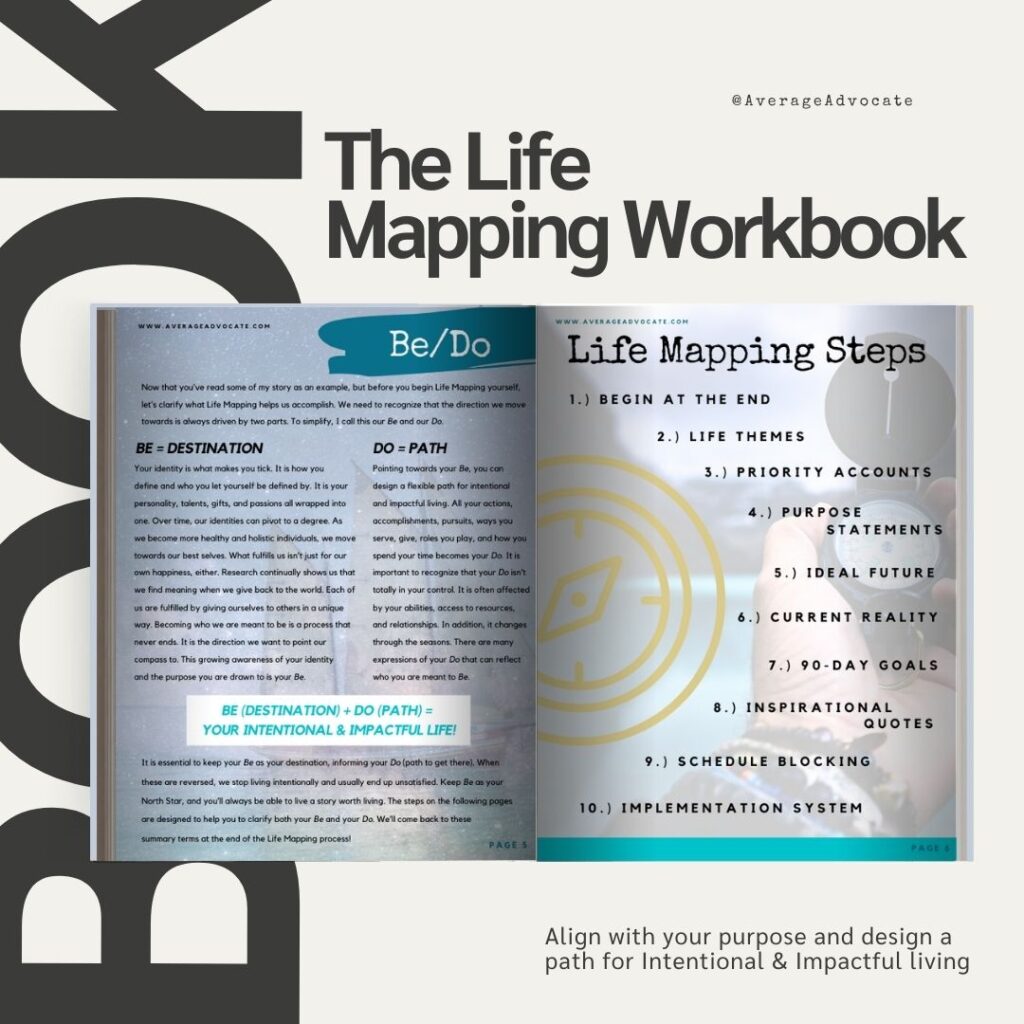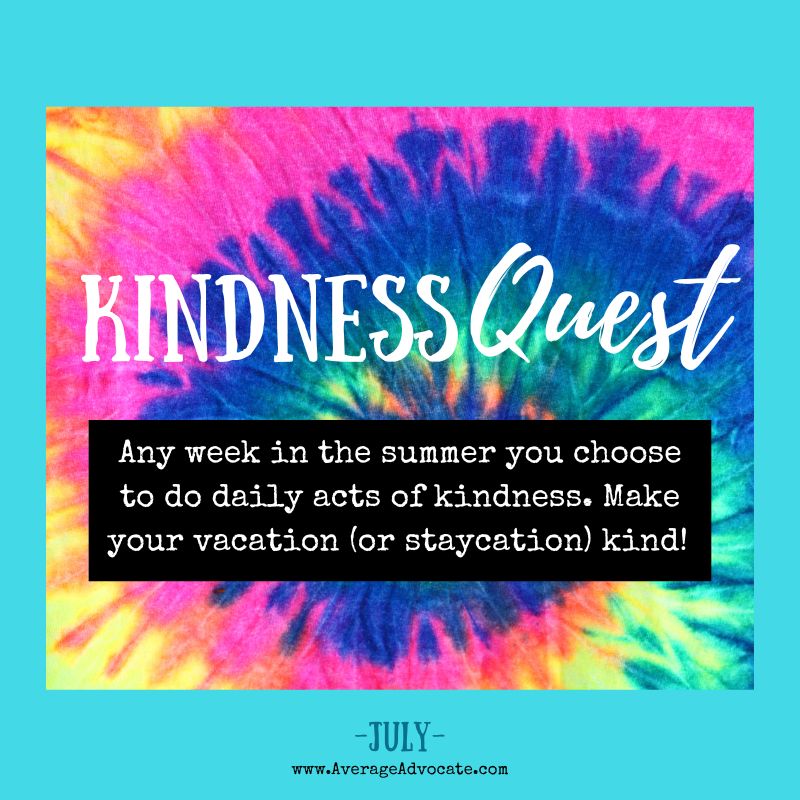What types of activism and advocacy myths have you believed? Check these out to learn to do good better! Without further ado, what myths about making a difference do you believe?
#1 myth about being an everyday advocate
“You have to know everything!”
But, you don’t. Position yourself as a learner and invite others to join you. That’s it.
This started for me when I began sharing my faith. This was a mission that was important to me, but I didn’t have a lot of the answers. A wise mentor told me that I could just be real and humble. I was allowed to say I didn’t know something when I didn’t know something. I didn’t have to pretend! Nor did I have to use it as a reason to be insecure and quiet.
I’ve taken this advice with me as I’ve advocated for causes, too. In fact, I eventually became seen as an expert in human trafficking simply because I began sharing about it. I didn’t know much, but the more I was involved in creating awareness, the more I learned to be able to create greater awareness. Eventually I started two anti-trafficking non-profits!
Myth #2 about being an everyday advocate
“Telling people what they are doing wrong is the best way to fight for justice!”
It isn’t!
Statements that are perceived as condemnation (even if you’re right) shuts down your listener and you lose them.
Instead, choose to rephrase what needs to be said as a question.
Trust me, I’ve had a lot of experience with this. I used to be an angry activist!
- Here is a post that shows you how to do this: Navigating Controversial Conversations About Justice (Like What Happened 1/06/21 at the U.S. Capitol)
- Here’s another on the art of peacemaking: 3 Tips to Be a Peacemaker
Myth #3 about being an everyday advocate
“A trending cause is worth fighting for.”
It might not be.
Popular doesn’t always mean good. Trending causes will soon fade to another. Here is an example of a trending cause that I actually still feel responsible to. But that is because I have since learned a lot about it and have decided that it goes with my values.
Make a difference intentionally, despite what the crowds think.
- Are you jumping onto a cause because it is cool or it aligns with your beliefs?
(Do You Prefer video? Here you go!)
Myth #4 about being an everyday advocate
“All social causes are created equal.”
But are they?
Some affect a many more people (by hundreds of millions) and some have a greater life/death urgency.
The Effective Altruism movement determines the best causes to work on are big, solvable, and neglected. However, most of our charity money goes into social problems that aren’t huge, or solvable. It will pay off for us as a human race if we focus on causes with these components, such as life-saving healthcare for diseases or extreme poverty, as these problems affect hundreds of millions, there are solutions for them, and these causes are still comparatively neglected.
I am not saying that you shouldn’t give your time and attention to other social problems–I know I do. Yet it is worth the challenge. Can we, over the course of our lifetimes, keep coming back to big, solvable and neglected things? Examine yourself regularly to consider how you use your energy, resources and margin for the greater good.
Be intentional about how you give of yourself.
Myth #5 about being an everyday advocate
“Social causes are black and white.”
In reality…
There is a lot of gray area. For example, I’ve seen many people get tripped up when they realize many sex trafficking victims have been traditionally categorized as prostitutes. Once I had a conversation with a mega church pastor and he brushed off fighting human trafficking for this reason. I reminded him that Jesus loved prostitutes anyway, so what did it matter? But his thinking was too black and white. If he came to realize that things weren’t as he always viewed them, he would have been able to lead many people to advocate for the freedom for countless women who were being trafficked by their pimps.
Gray area? Yep. You’re going to have to get used to them.
Shift your perspective to work within or around this gray. Otherwise you’ll shut down.
For example, I am largely against abortion, because I value the life of the unborn. And yet I understand greatly why women get abortions. In addition, I align myself with women’s rights and want women’s reproductive healthcare needs to be met. If you’ve been following mine and baby Kai’s story this last year, you will have seen me struggle with these seemingly opposed values. This threw me in a life-or-death gray area. It turns out I am not alone, and there are others like me who have chosen to advocate in this gray area. (Want to hear more of my story? Just look at the Lupus in Pregnancy series and check out this post after Roe vs. Wade was overturned).
Even when you still view an issue through a black and white lens, you often might realize that you can still advocate for your white, even if it is touching the black. For example, that pastor could still do a lot of anti-trafficking work, even if he specifically wasn’t focused on assisting sex trafficking victims under eighteen (who are legally always trafficking victims and never prostitutes).
- What gray have you found when doing good for a cause? How did you navigate it?
Myth #6 about being an everyday advocate
“All justice advocates are on the same team.”
Unfortunately, no.
There are usually two sides to every social issue. Sometimes there are more popular teams. And sometimes there is rare bipartisan agreement.
You and I probably hold different perspectives on some of the same causes. I remember going to Change.org a long time ago and realizing there were petitions for all.the.things. There were petitions that contradicted each other! Too often if you are doing advocacy work, you are associated with a slew of causes that you might actually not be for. In truth, you can advocate for anything and it doesn’t mean you have to embrace everything.
Many people find this scary, as they are afraid of being lumped in with everything else. For example, once I heard a renown writer in an interview state that he wasn’t for women’s rights. In fact, he regularly advocated for traditional household roles, even writing a small book on it! But in the interview he revealed his belief that women couldn’t switch out of a homemaking role because if we begin giving women freedom, then we’d also have to say we agree with homosexuality!
Those are two different social issues. But he appeared to be afraid of being associated with one that he was strongly against, and because of that, he actively worked against egalitarianism.
This stood out to me because I often see everyday people do the same thing. Heck, to be honest, I have too! I avoided using the term “feminist” or “activist“ many years because I knew some of my friends would lump me in as a “liberal,” assuming I supported everything “socialist.” On the other hand, I’ve had many people say I am too conservative, and therefore must be advocating against causes I care about.
But at some point we need to:
1.) Be bold about what we stand for even if it puts us on a “different team” than those we’d like to be associated with (even while still learning and being open minded).
2.) Learn how to disagree graciously, without shaming/judging others.
3.) Work as a team with others on what we share in common. Let’s focus on what we agree on!
Be a justice advocate that works together when we can (and still loves others when we can’t)
Myth #7 about being an everyday advocate
“We will fix the problem (racism, trafficking, refugees, poverty, etc…)!
It doesn’t matter what the problem is: racism, trafficking, refugees, poverty, etc… Unfortunately, even if we choose to work on solvable problems, there is a large possibility we won’t fix it in our lifetimes, or maybe even ever. But we still have good that gives us hope. I’ve seen a lot of issues reduced since becoming an activist. For example, substantially more people have access to clean water. I’ve also seen the United States add many anti-trafficking laws. Smallpox was actually irradiated!
The challenge with believing we will fix the problem is that it causes us to own “fixing it” too much. This can prevent us from resting, causes burnout, and leans into saviorism. It can be very discouraging to help five people escape slavery only to realize 50 more people were born into it that week.
But solvable or not, what we can do is to pursue justice (rightness in relationships). Each incremental step towards restoration is GOOD!
- What is something you’ve seen progress and steps forward in?
Myth #8 about being an everyday advocate
Alright, we are getting near the end of myths for everyday advocates!
“It will be easy and clear where to make boundaries as we make a difference.”
It won’t be. We have to reevaluate often.
I can’t tell you how many times I’ve found myself needing to reassess boundaries with the people I am serving in non-profits, ministry, and in activism.
There have also been so many times I’ve needed safe people to help me see when I need to change access to myself (boundaries) too!
(Wait?! You didn’t know boundaries were vital as a world changer?! I feel you! I didn’t either…until I burned out and had to restart differently! It’s worth those boundaries!)
Myth #9 about being an everyday advocate
“We are alone.”
But it’s not true, we aren’t the only ones who care! Even better, our impact expands in teams and working in unity. #TogetherisBetter
Honestly, though, I’ve had many people tell me they thought they were the only one who cared. Sometimes it is worth saying what we believe a little louder to find those people. Since we started Blackout Trafficking, we always led with our belief, or “why statement”. Ours is everyone deserves a chance to be free. This automatically catches the attention of those who share this belief. And just like that, we found people to join us for Blackout Trafficking in March!
- Try it. Post something you believe on social media in one simple statement. You’ll find you aren’t as alone as you thought.
Myth #10 about being an everyday advocate
“Others will love, applaud and join the good work you do.”
I wish I could say this was true, but you will have haters. And most people won’t join you. Probably goes back to all the ways people practice bad activism, can’t work in a team unless the other people agree 100% on all social issues, or live in some of the other above myths. It is really frustrating, especially when it feels so obvious others should care! I can’t tell you how many times I’ve had people join me in Blackout Trafficking only to get discouraged half way through because their expectations were that everyone would be on board with them. I’ve lost friends and followers because people don’t love me being an everyday advocate. During last month’s #KindnessQuest I had someone honk at me to move (even though I wasn’t blocking traffic) as I helped a homeless man.
It is easy to see the haters. Wanting to quit is a very real thing. There is a Bible verse that reminds us, “do not get weary doing good” because even in ancient times, this was a problem.
It is often in these times we have to dig into what we stand for. Often, we discover a “holy discontent,” a deeper passion to move into. We have to work to see that we aren’t alone.
Keep inviting and keep creating awareness, even when you aren’t loved for it, but hated.
- Have you ever been surprised not everyone was down with that thing you were doing to make the world a better place? Process it in the comments!
Five Phases of Rising Up
If this post was helpful it has nothing on the 5 Phases of Rising Up guide. It helps you find where you are and how to move forward as an everyday advocate–whether you are at the beginning, or a long-timer! Be empowered to make a difference and grab your copy below!


